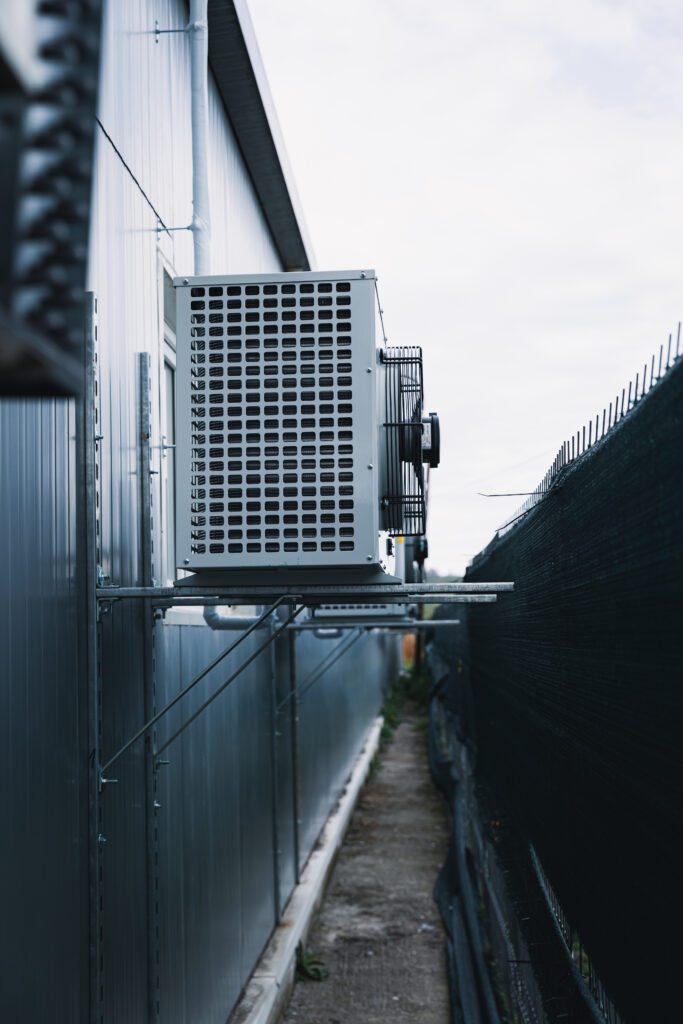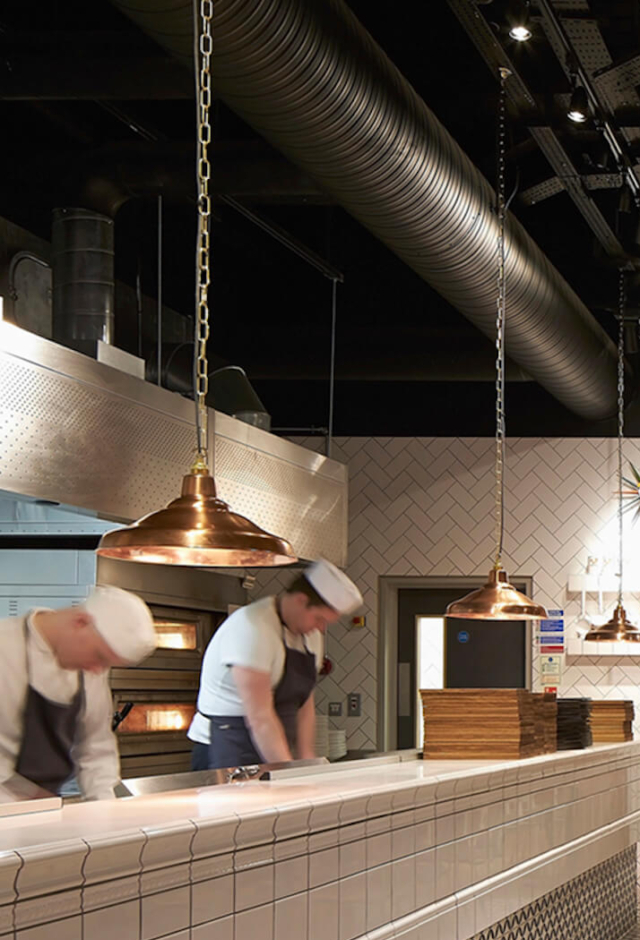What does BTU mean?
For those typing ‘what are BTUs in air conditioning’ into a search engine, the answer is simple; BTU is an acronym for British Thermal Unit, and it measures heat, which is a type of energy.
More specifically, it denotes the amount of energy an air conditioning unit can remove from a room in one hour. In short, the more BTUs an air conditioning unit has, the better equipped it is to cool a larger space.
When assessing which air conditioning system is best for you, or if you’re at the design stage, then it’s important to consider the BTU as a gauge of how efficient the air conditioner will be.
What is a BTU in air conditioning?
It’s common for those researching different cooling solutions to ask ‘what is a btu in air conditioning?’ and ‘what is btu air conditioning?’
When it comes to air conditioning, BTU is a unit of measurement that measures the cooling capacity of an air conditioner. As mentioned above, it identifies the amount of heat removed from a space before it’s replaced by colder air in the cooling process.
The BTU is important to consider when comparing different air conditioning systems, particularly if you live or work in a location that has high temperatures that make it more of a challenge to keep cool.
Determining an ideal BTU for your home is a simple process.
To calculate a room’s BTU, multiply its floor square footage by 25.
(To identify the floor square footage, measure the room in feet and multiply the room’s length times the width)
There are several that can affect the BTU in a room including how high the ceilings are, the amount of sunlight that enters, if the room is joined with another, and how your space is insulated.
How many BTU do I need for my air conditioning system?
It’s important to have an appropriate BTU because if it’s too low, it will take longer to cool a room to the required temperature (which makes it more expensive to run).
If a BTU rating is too high, the moisture extraction will create a humid atmosphere that puts strain on your air conditioning system.
The number of BTUs needed for an air conditioning system largely depends on the size of the room or home you want to cool.
There are guidelines to follow when looking at the area to be cooled and the capacity needed.
For example, if a space is 100 to 150 square feet, the air conditioning system will need around 5000 BTUs per hour.
Conversely, if a space is roughly 2000 to 2500 square feet, it will require around 34,000 BTUs per hour.
These estimations can fluctuate depending on factors like how many people are in the room, the amount of sunlight, the type and quality of insulation, and the climate.

Is a higher BTU better for AC?
There is a common consensus that a higher BTU is better for AC
However, there is no guarantee having a higher BTU equates to a better air conditioning unit.
Although a higher BTU rating indicates enhanced cooling potential, an air conditioning unit in a room where the BTU exceeds the requirements for that space can be counter-productive.
For example, if an air conditioning unit has an elevated BTU rating, it will complete more cycles on and off, which could result in ineffective cooling.
In cases where the BTU is too high, it can also lead to increased humidity which risks shortening the life span of an air conditioning unit.
For those reasons, it’s wise to ensure the BTU has a rating that is calculated carefully for a chosen room or space, meaning, once installed, the air conditioning unit should perform efficiently.
What’s a good BTU for an air conditioning system?
There is no one set ‘good’ BTU for an air conditioning system as installation has its own requirements.
As described above, an appropriate BTU depends on the size of the space you want to cool, the number of people usually in the room, and other factors like the amount of sunlight that enters from outside.
What happens if BTU is too high?
If the BTU of an air conditioning unit is higher than it needs to be, it risks causing multiple problems.
One of the primary functions of an air conditioning unit is to cool the room. However, if the BTU is too high, this can inhibit a system’s functionality and it won’t be as efficient.
That could be because it cools a room too quickly and then turns off, leading to fluctuations in temperature and avoidable energy wastage.
A high BTU can also result in increased humidity, increased energy consumption, and a shorter life span for the air conditioning unit itself.

Does higher BTU use more electricity?
It’s expected that an air conditioning unit with a higher BTU will use more electricity given the rating measures the energy output of an AC system. As explained previously, it figures that a higher BTU means more energy is required to cool a space to the desired temperature.
However, it’s important to note the efficiency of an air conditioning unit also influences energy consumption.
A well-maintained and oft-serviced system is more likely to work optimally for longer periods of time